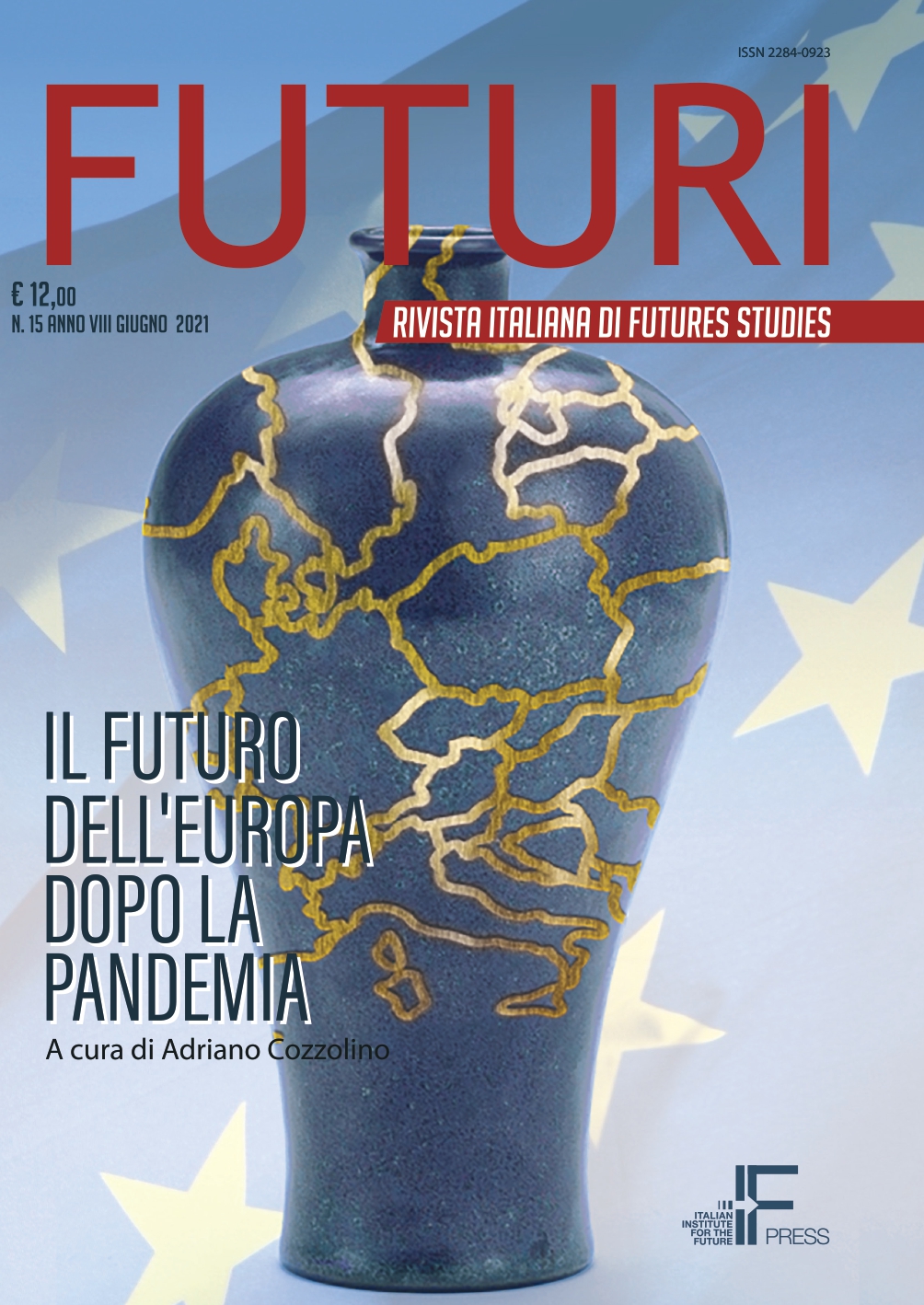Published 15-02-2025
Keywords
- care work,
- domestic work,
- pandemics,
- inequality,
- gender

This work is licensed under a Creative Commons Attribution-NonCommercial-NoDerivatives 4.0 International License.
Abstract
The issue of domestic and care work has emerged in all its importance since the outbreak of the Covid-19 pandemic: immediately recognised as essential work in its paid form, it has been a central concern for families also in its unpaid form. In particular, the limits of our familistic welfare system, which offloads domestic and care responsibilities onto families and, above all, onto their female component due to the historical separation and sexualisation of the productive and reproductive spheres, have become clear. This paper analyses the topic of domestic and care work in pandemics starting from the historical process of invisibilisation of reproductive labour, then analysing its close link with women's employment in general, to arrive at an empirically grounded evaluation of the experiences of female domestic workers during the lockdown. Along this path, the pandemic proved to be an opportunity to unveil gender inequalities related to the role of care as a private responsibility, also highlighting the need to reconceptualise it, rather, as a political and collective priority.

